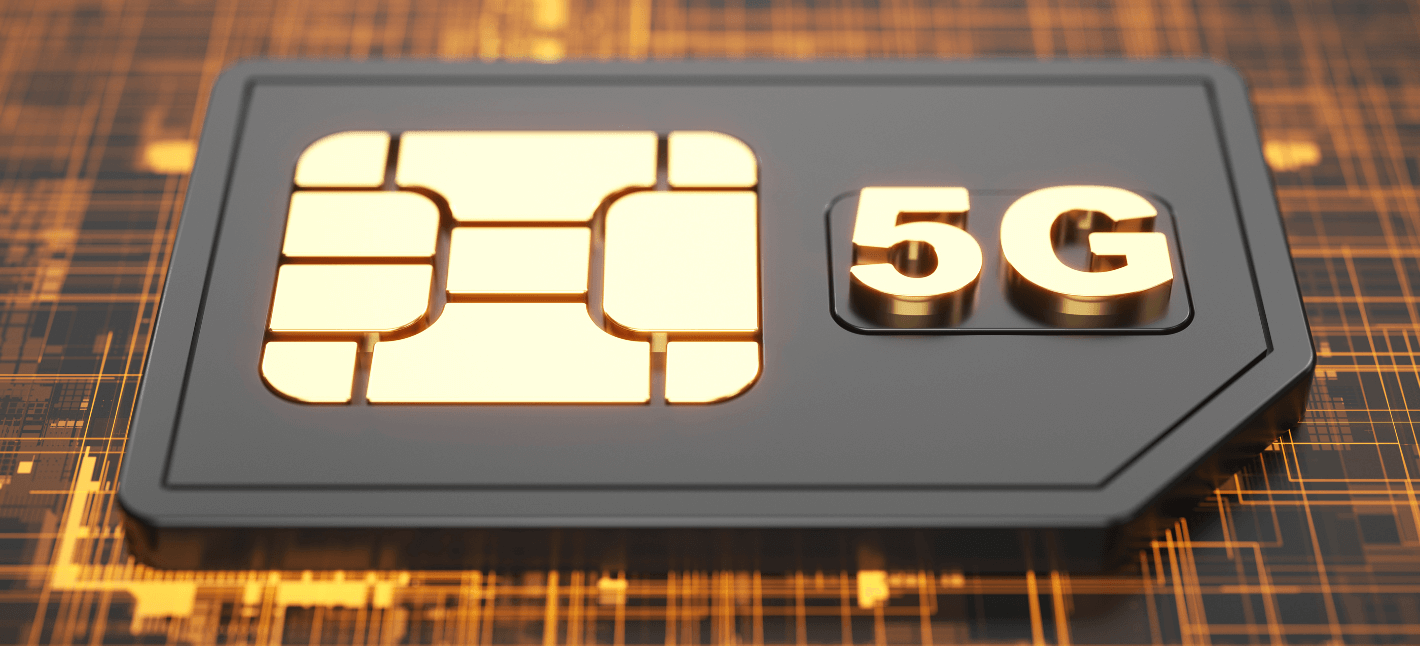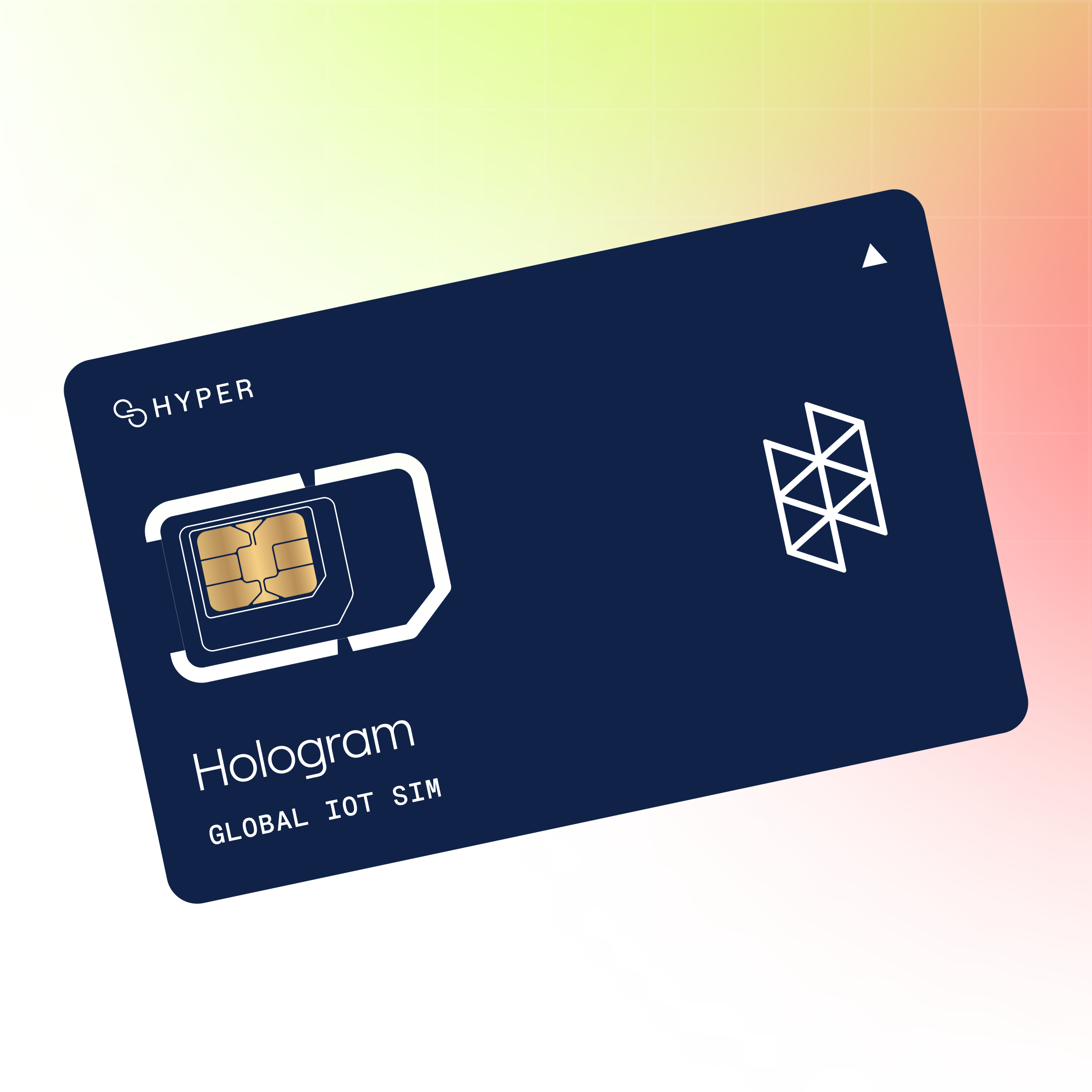Sim Card Per Iot IoT Data SIM Card Plans Features
Sim Card Per Iot IoT Data SIM Card Plans Features
Blog Article
Iot Sim Card Australia The Evolution of SIM Cards IoT Devices
The function of SIM cards in IoT connectivity is changing into more and more vital because the world advances in direction of a more interconnected landscape. IoT, or the Internet of Things, refers to the huge community of units that communicate with each other and change knowledge to boost performance and efficiency. In this ecosystem, SIM playing cards serve as an important component, facilitating wireless communication between gadgets.
SIM cards present the necessary identification that permits IoT gadgets to connect to cell networks. The unique identification numbers programmed into these SIM cards allow units to authenticate their connections with service suppliers. This is crucial because it helps forestall unauthorized entry and ensures that data transfers happen securely.
Iot Board With Sim Card IoT SIM Cards Cellular M2M Connectivity
Different kinds of SIM playing cards are available for IoT functions. Traditional SIM cards, embedded SIMs (eSIM), and detachable SIMs all serve totally different wants within the IoT house. Traditional SIM cards may be inserted into devices needing connectivity, whereas eSIMs are embedded directly into units and are more adaptable to modifications in service suppliers. The versatility of eSIM technology plays a significant position in numerous IoT functions.

IoT devices are obtainable in varied shapes and sizes, from smart house home equipment to industrial machinery. Each kind of gadget may have completely different connectivity needs depending on its purpose. SIM cards can present varied data plans tailored for specific use circumstances, optimizing communication based on bandwidth requirements, information utilization, and different components. This flexibility is instrumental in enhancing the general efficiency of an IoT ecosystem.
Iot Data Sim Card IoT SIM Cards Cellular M2M Connectivity
Another facet of the SIM card's function in IoT connectivity is the ability to track and handle devices remotely. Mobile network operators provide platforms that allow customers to observe their IoT devices in real-time. This capability is particularly important in industries such as logistics and transportation, where figuring out the exact location of belongings can lead to higher operational efficiency and cost savings.
As IoT gadgets proliferate, managing connectivity turns into more complex. Here, the role of SIM cards extends to enabling centralized management solutions that help administer multiple gadgets concurrently. This is especially advantageous for enterprises operating giant fleets of related units, which may track performance and connectivity more effectively via a single administration interface.
Sim Card Iot IoT SIM Cards Professional IoT Connectivity
A main concern in the Internet of Things is security. With hundreds of thousands of devices related to the web, making certain the integrity and confidentiality of data is paramount. SIM cards contribute to this security architecture by offering encryption capabilities that safeguard delicate info. The cryptographic keys embedded inside SIM playing cards assist secure communications between gadgets, making it tough for unauthorized entities to intercept or manipulate information exchanges.
Moreover, the function of SIM playing cards is evolving as expertise develops. The introduction of Narrowband IoT (NB-IoT) and Long Range Wide Area Networks (LoRaWAN) has opened new avenues for connectivity, significantly for low-power and long-range applications. SIM cards designed for these specific technologies enable gadgets to operate efficiently over long distances while consuming minimal power. This is especially related for remote monitoring and control techniques, the place changing batteries may be costly and challenging.
While SIM playing cards have made strides in enhancing IoT connectivity, in addition they face challenges. For occasion, compatibility issues arise when integrating varied devices across different networks. The introduction of standards and laws aimed at harmonizing IoT services informative post is an ongoing effort, however the pace of innovation typically outstrips these measures. Hologram Iot Sim Card. Adapting SIM playing cards to satisfy numerous requirements is crucial for making certain a seamless experience in the burgeoning IoT panorama.
Cheapest Iot Sim Card IoT SIM Card API global connectivity

The influence of 5G technology is also reshaping how SIM playing cards perform within IoT connectivity. With significantly improved speeds and decreased latency, 5G provides capabilities that redefine IoT applications, starting from smart cities to autonomous automobiles. SIM cards designed particularly for 5G networks will be crucial in leveraging the total potential of these next-generation capabilities.
In various sectors, together with agriculture, healthcare, and smart cities, the role of SIM cards turns into increasingly crucial. In agriculture, for instance, sensors linked via SIM playing cards can monitor soil conditions, enabling farmers to make knowledgeable decisions about irrigation and fertilization. Similarly, in healthcare, distant patient monitoring gadgets make the most of SIM cards to transmit important health data to healthcare suppliers, enhancing patient care.
The rising reliance on cloud services in IoT applications usually necessitates robust knowledge transfer solutions. SIM playing cards facilitate these connections, enabling devices to send and obtain data from cloud platforms effectively. This functionality not solely enhances the functionality of IoT options but in addition improves the flexibility to analyze information for better decision-making.
As connectivity evolves, the importance of SIM playing cards in maintaining a robust ecosystem can't be overstated. Their function in identifying, securing, and managing gadgets is central to ensuring seamless communication throughout the IoT panorama. Whether it's by way of traditional SIM cards or newer technologies like eSIMs, their significance will only continue to grow in an more and more linked world.
Iot Sim Card Global IoT SIM Card LOT 100
The integration of artificial intelligence and machine learning into IoT options signifies yet another evolution in connectivity. SIM playing cards that may handle enhanced knowledge processing capabilities might be essential for the smart decision-making processes enabled by these technologies. Collectively, these advancements will result in more intelligent methods capable of adapting to altering conditions autonomously.
In conclusion, the function of SIM cards in IoT connectivity is multifaceted and essential for the growth and sustainability of an interconnected world. By guaranteeing secure identification, facilitating distant administration, and adapting to new technologies, they play a important part in the evolution of IoT applications throughout varied sectors. As technology advances, the importance of SIM cards will only intensify, driving further innovations and enhancements in connectivity strategies.

- SIM cards provide a secure and distinctive identifier for IoT devices, enabling trusted communication inside networks.
- They facilitate seamless connectivity in diverse environments, from city areas to distant locations, enhancing the reliability of IoT purposes.
- With the appearance of Embedded SIM (eSIM) expertise, IoT units can change carriers simply, bettering community adaptability and lowering downtime.
- SIM cards contribute to data encryption, ensuring that the information transmitted between devices and networks stays safe in opposition to unauthorized entry.
- They allow over-the-air updates, permitting producers to push firmware upgrades on to IoT devices without physical access.
- By integrating subscription management, SIM playing cards help in maintaining and monitoring information plans, optimizing prices for companies deploying large IoT networks.
- SIM cards enhance device monitoring capabilities, making them essential for logistics and asset administration in varied industries.
- They assist multi-network connectivity, which reinforces redundancy and reduces the danger of communication failures in crucial applications.
- The role of SIM cards in network slicing permits for tailor-made connectivity options, guaranteeing that completely different IoT applications receive the suitable bandwidth and latency.
- SIM cards are pivotal in facilitating device provisioning and management, streamlining the deployment course of for large-scale IoT implementations.undefinedWhat is a SIM card and why is it important for IoT?
Iot Single Sim Card Ruggedized IoT SIM eSIM
A SIM card is a small chip that allows gadgets to connect with cellular networks. In IoT, it offers secure communication and allows gadgets to ship and obtain knowledge, making them accessible and manageable remotely.
How do SIM cards enhance data safety in IoT devices?
SIM cards make the most of encryption and authentication protocols that ensure safe communication between the gadget and the community, defending towards unauthorized access and data breaches.
What forms of SIM playing cards are used in IoT applications?
Best IoT SIM Card IoT SIM
IoT purposes usually use specialised SIM playing cards, corresponding to click to read more M2M SIMs and eSIMs, designed for various environments and providing enhanced sturdiness, remote management, and flexibility in connectivity options.
Can IoT gadgets function without SIM cards?
Sim Card For Iot IoT SIM network-independent IoT SIM
While it is potential for IoT units to connect via Wi-Fi or other wireless technologies, SIM playing cards are essential for cell connectivity and are essential for gadgets that require in depth coverage and roaming capabilities.
What is the distinction between traditional SIMs and eSIMs in IoT?
Traditional SIM cards are physical devices inserted into gadgets, while eSIMs are embedded chips that can be programmed remotely, providing larger flexibility for system producers in managing connectivity with out hardware modifications.
How do SIM cards contribute to cost administration in IoT deployments?
Iot Sim Card Providers Everything about IoT SIMs
SIM cards enable optimum connectivity options, permitting companies to pick appropriate data plans and manage information usage effectively, helping to reduce operational prices related to knowledge transmission (Sim Card For Iot).
What are the challenges related to using SIM playing cards in IoT?
Challenges can embrace managing a quantity of SIM cards for varied units, guaranteeing compatibility, addressing network protection issues, and coping with potential fraud or security vulnerabilities in cell communication.
How can companies choose the right SIM card for their IoT needs?
Iot Board With Sim Card IoT SIM Plans and Pricing
Selecting the right SIM includes considering elements like community coverage, knowledge usage, gadget compatibility, long-term scalability, and security features. Consulting with service providers might help align decisions with operational wants.
What role do SIM cards play in future IoT innovations?
SIM cards are very important for enabling next-generation IoT improvements, as they facilitate seamless connectivity, drive automation, and improve gadget administration capabilities, thus supporting extra advanced applications like smart cities and remote healthcare.
Report this page